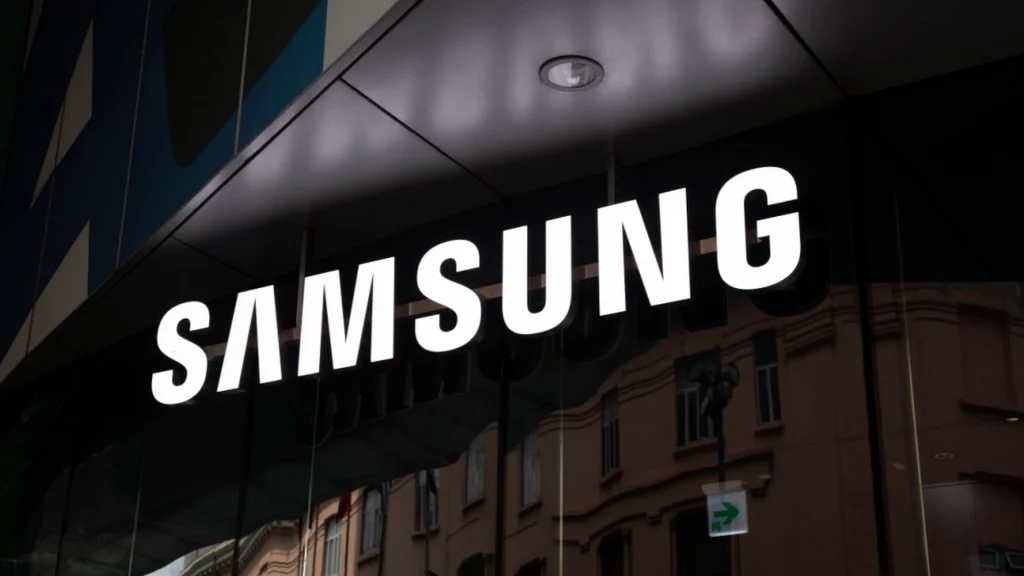Some customers have reported being asked to pay for repairs.
Others are reading now
Samsung has long been synonymous with cutting-edge technology, offering everything from smartphones to home appliances.
The company’s innovative spirit has kept it at the forefront of the global tech market, with millions of loyal customers worldwide. However, even industry leaders occasionally stumble.
When they do, the repercussions are often magnified by their prominence, according to Trend.
Samsung’s recent software update debacle serves as a stark reminder of how critical seamless user experience is for tech giants, according.
Also read
Non-Functional Devices
Owners of Samsung’s Galaxy S22 smartphones are reporting serious issues following a recent software update.
The problem stems from software version “S908EXXUBEXK5,” released in September 2024, which was intended to enhance device performance through One UI 6.1.
Instead, users have experienced frequent crashes, overheating, and in many cases, total device failure.
One user described how their Galaxy S22 overheated during normal use, causing the phone to shut down permanently.
Reports suggest that the overheating problem has rendered many devices non-functional, leaving users frustrated and searching for solutions.
To make matters worse, Samsung’s response has left many users dissatisfied.
Some customers have reported being asked to pay for repairs, despite the problems being directly linked to the company’s official update.
This has been particularly troubling for those whose devices are out of warranty, adding financial strain to an already frustrating situation.
Currently, Samsung has not provided an official fix for the issue. Experts are urging Galaxy S22 owners to delay installing the update until a resolution is announced.
For those already affected, the path to recovery has been unclear, as Samsung’s support services have been described as insufficient.
This is not the first time Samsung has faced backlash over faulty updates. Earlier this year, Galaxy S23 Ultra users reported camera malfunctions caused by a similar software rollout.
In that instance, Samsung withdrew the problematic update and released a correction.
Galaxy S22 users now await a similar resolution, hoping Samsung will address the problem promptly.

